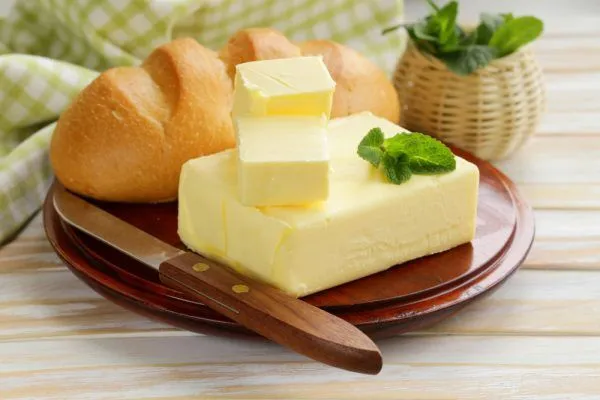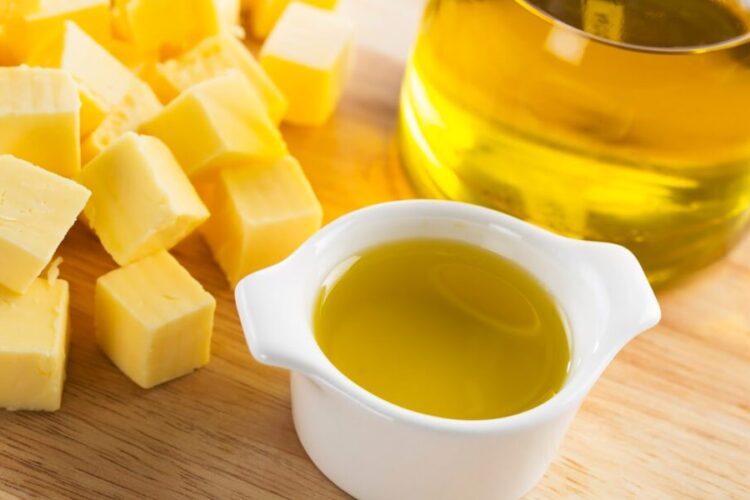Understanding the Nutritional Value of Butter Oil
Butter oil, often referred to as clarified butter or anhydrous milk fat, is a concentrated source of essential nutrients. Derived from fresh butter, it undergoes a refining process that removes water and milk solids, leaving behind pure fat. This results in a product that offers a rich supply of fat-soluble vitamins, including vitamins A, D, E, and K. These vitamins play a crucial role in supporting overall health, particularly in bone strength, vision, immune function, and skin health.
The absence of lactose and casein in butter oil makes it a suitable choice for individuals with dairy sensitivities. Unlike regular butter, which contains trace amounts of milk proteins, butter oil is highly purified, making it easier to digest. The high concentration of short-chain and medium-chain fatty acids provides a quick energy source, making it a popular addition to ketogenic and low-carbohydrate diets. Its natural composition also promotes better absorption of fat-soluble nutrients from other foods, enhancing their effectiveness in the body.
Rich in conjugated linoleic acid (CLA), butter oil contains beneficial fatty acids that have been studied for their potential role in supporting metabolic health. CLA has been linked to maintaining healthy weight balance and promoting cardiovascular well-being. The presence of butyrate, a short-chain fatty acid found in butter oil, is also known for its positive impact on digestive health, aiding in gut microbiome balance and reducing inflammation in the digestive tract.
Culinary Applications of Butter Oil in Cooking
Butter oil is prized for its high smoke point and intense buttery flavor, making it a preferred cooking fat for a variety of dishes. With a smoke point higher than that of regular butter, it withstands high temperatures without burning, making it an excellent choice for sautéing, frying, and roasting. The purity of butter oil ensures that it retains its rich taste, enhancing the flavors of food while providing a smooth texture.
One of the most common uses of butter oil is in baking. It serves as a superior fat source, ensuring that baked goods retain moisture and develop a tender crumb. Unlike regular butter, which contains water, butter oil is purely fat, allowing for better consistency in doughs and batters. Its ability to evenly distribute throughout mixtures results in enhanced richness and a more pronounced buttery taste in pastries, cakes, and cookies.
Butter oil also plays a role in traditional cuisines worldwide. In Indian cooking, it is used in the form of ghee, a staple ingredient in curries, rice dishes, and flatbreads. Mediterranean and Middle Eastern cuisines incorporate butter oil into sauces, stews, and spreads, adding depth to recipes. The long shelf life of butter oil makes it a convenient pantry staple, as it remains stable at room temperature without the need for refrigeration, unlike conventional butter.
The Role of Butter Oil in Skincare and Wellness
Beyond its culinary applications, butter oil has gained recognition for its benefits in skincare and holistic wellness. The rich concentration of fat-soluble vitamins and essential fatty acids nourishes the skin, making it a sought-after ingredient in natural beauty formulations. Vitamin E, known for its antioxidant properties, helps protect the skin from environmental stressors while promoting elasticity and hydration.
Butter oil has been traditionally used as a natural moisturizer for dry skin. When applied topically, it penetrates deeply, providing lasting hydration and a soft, supple texture. Its soothing properties make it beneficial for individuals with sensitive or irritated skin, reducing redness and enhancing overall skin health. Some natural skincare brands incorporate butter oil into their formulations for lip balms, body butters, and face creams to harness its nourishing effects.
The presence of butyrate and other bioactive compounds in butter oil has been linked to potential anti-inflammatory properties. Some holistic practitioners advocate for its internal use as a supplement to support gut health and overall well-being. The balance of essential fatty acids aids in cellular function and may contribute to improved brain health. As part of a nutrient-dense diet, butter oil serves as a valuable source of nourishment that extends beyond the kitchen.
Finding High-Quality Butter Oil for Everyday Use

When selecting butter oil, sourcing from high-quality, grass-fed dairy is essential to ensure optimal nutrient content. Grass-fed butter oil contains higher levels of beneficial fatty acids, including CLA and omega-3s, compared to conventionally produced alternatives. These healthy fats contribute to a well-rounded diet and provide superior nutritional benefits.
Organic and minimally processed varieties are often preferred by those seeking a purer product. Avoiding butter oils that contain additives or artificial preservatives ensures that the full spectrum of nutrients remains intact. Many specialty health stores and online retailers offer premium butter oil sourced from reputable farms, making it accessible for those looking to incorporate it into their daily routine.
Butter oil remains a versatile and beneficial addition to both culinary and wellness practices. Whether used in cooking, baking, or skincare, its rich composition provides a valuable source of essential nutrients and natural goodness. Finding the right butter oil allows individuals to enjoy its full range of benefits while supporting a balanced and nourishing lifestyle.

